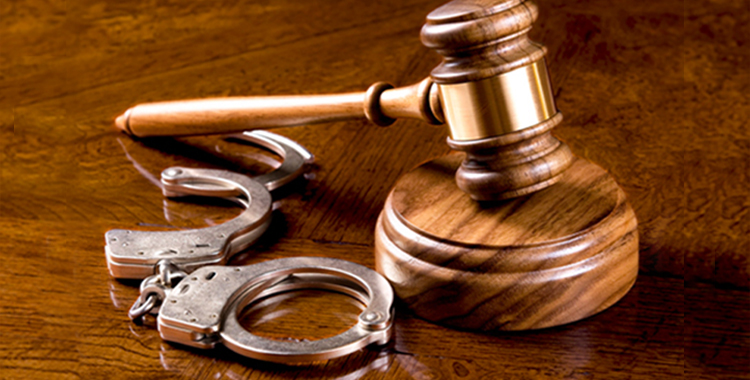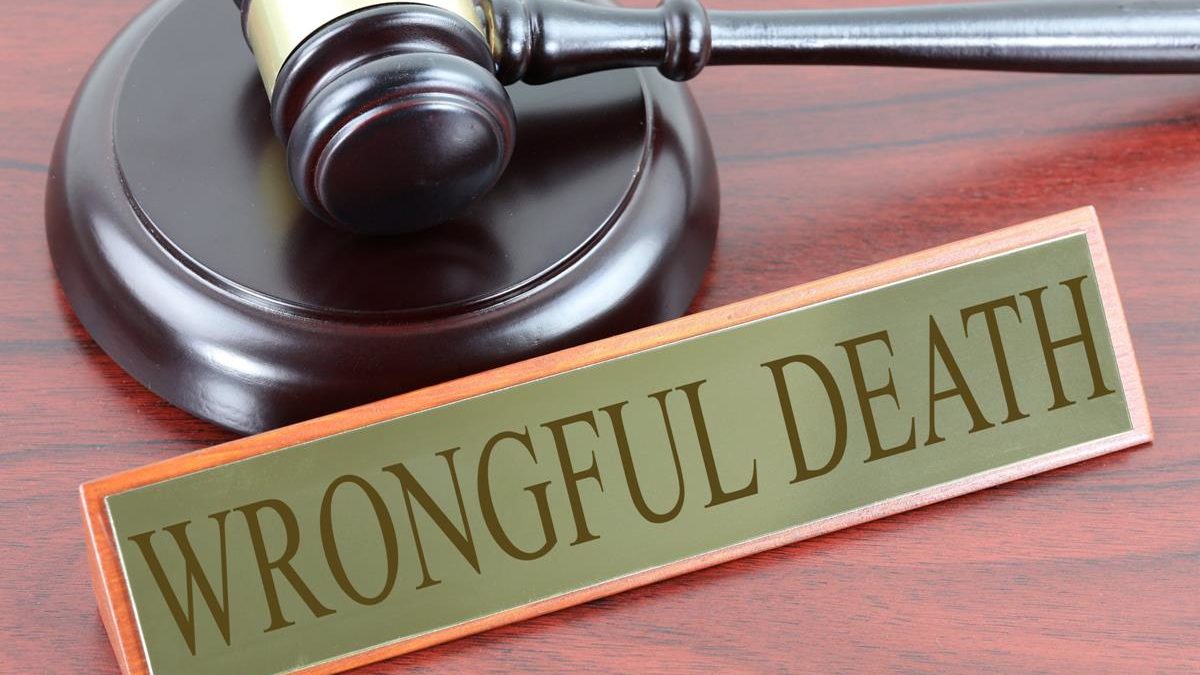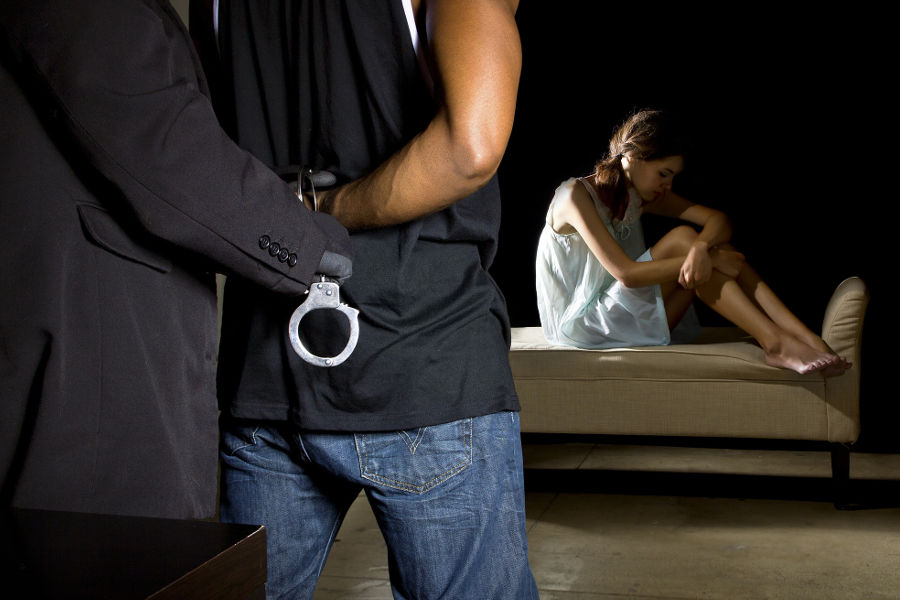Criminal Appeal Attorneys

During criminal appeals, defendants ask a higher (appellate) court to review and reverse or modify a lower (trial) court’s decision. An experienced appellate attorney is essential in this process.
Criminal appeals attorneys research and analyze the trial transcripts to determine if any errors occurred that warrant a reversal of a conviction or reduction in sentence. These errors can include:
Errors in the Trial Court
A successful appeal depends on identifying errors made at trial by a judge, prosecutor or defense attorney and convincing an appellate court that these errors violated your rights to a fair trial. These errors can be judicial or factual.
In most cases, an error must be “preserved” for review on appeal by formally objecting to it in the trial court. Otherwise, the error will be deemed waived and not reviewed by an appellate court.
Appeals courts review trials de novo, meaning they examine the case as though it were being tried for the first time. This is why it’s so important to have a skilled criminal appeals lawyer on your side. A skilled attorney will ensure that any reversible errors are preserved for review.
Insufficient Evidence
In criminal cases, prosecutors have the burden of proving the defendant’s guilt beyond a reasonable doubt. If the evidence that they present does not meet this high standard, the defendant may file a motion to dismiss the charges based on insufficient evidence.
Reversals based on insufficient evidence are not common, but it is possible to win them with a strong and compelling appeal. Criminal appeal attorneys review trial transcripts to determine whether the evidence presented at the trial was sufficient to prove the key elements of the crime. However, an appellate court will not reverse a conviction on this basis if it can be shown that the error was harmless. For this reason, it is important that your Scranton attorney thoroughly examine the trial transcripts before filing an appeal.
Inadmissible Evidence
The definition of admissible evidence is a crucial aspect of the trial process. The prosecution must present only the information that is accurate and relevant to the case. A skilled attorney can challenge this information, arguing that it should be excluded from the trial for several reasons. These include a lack of relevance, violation of privilege, or hearsay. Hearsay is out-of-court statements that are offered as truth and are not related to the matter at hand.
The evidence must also tend to prove or disprove a fact at issue in the case. It cannot simply cause the judge or jury to dislike the party it is being used against for an unrelated reason, or violate constitutional protections. This is why it is important for a criminal appeal attorney to be able to recognize irrelevant and unreliable evidence.
Juror Misconduct
Juror misconduct can have a significant impact on the outcome of a criminal case. If it is established that a juror was influenced by outside sources during the deliberations, the defendant can file an appeal.
Jury members are not allowed to talk about the case with people outside of the jury room, or read information about the case online. This is because it may expose them to prejudicial “extraneous” information (information dealing with the defendant or the case being tried without being introduced in evidence).
However, some jurors ignore this rule and receive texts, emails, or articles about the case from friends and family. Some even use the internet to research legal terms, and they may receive unwanted advice or input from others like “hang that crook.” These actions could render a verdict null and void on appeal.
Judicial Error
A criminal conviction isn’t always the end of a case. A defendant can file an appeal, submitting their case to a higher court (called an appellate court) for review. On appeal, a criminal defense attorney can challenge a wide variety of verdicts and rulings.
An appealing lawyer must thoroughly research all aspects of the trial transcripts, evidence and information to determine if any errors were committed by the lower court. These errors may warrant reversal of a conviction and/or sentence reduction.
A seasoned criminal appeals attorney can present skilled arguments to the appellate judge based on legal precedent and extensive research. However, the appellate court will only consider those errors that are deemed “harmless.” Harmless errors are those that do not impact any substantial rights and do not affect the outcome of the case.












